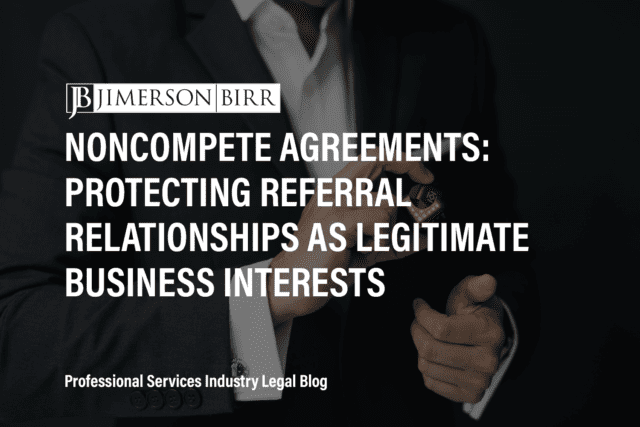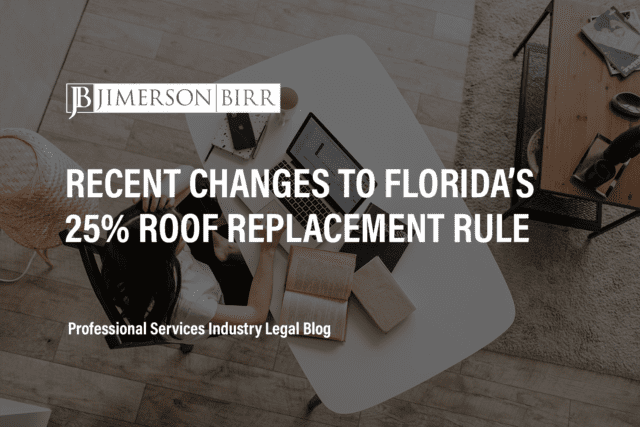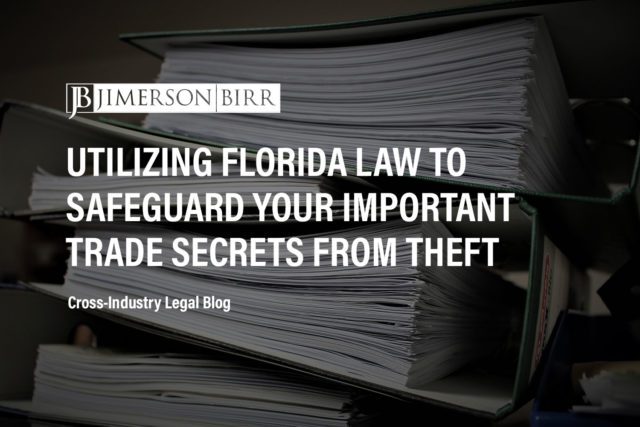What is the importance of trade secret protection?
Trade secret protection safeguards valuable, confidential information businesses use to gain a competitive edge. For Florida employers, trade secret protection is crucial to preserving their competitive advantage and fostering innovation. Trade secrets include customer lists, pricing strategies, product formulas, or proprietary software. Losing trade secrets to competitors may result in significant financial losses and long-lasting harm to a business’s reputation.
For instance, suppose a former employee misappropriates customer lists and shares them with a competing business. In this case, the employer could file a lawsuit against the former employee and the competitor to seek damages, injunctive relief, and attorney’s fees. This legal recourse demonstrates the importance of trade secret protection in preserving the value of a company’s confidential information under Florida and federal law.
Need a legal advocate to evaluate your trade secret protection options? Schedule your consultation today with a top trade secret protection attorney.
How do confidentiality and non-disclosure agreements apply to trade secret protection?
Confidentiality agreements and NDAs are essential tools for protecting trade secrets in Florida. They establish legally binding relationships that prevent the unauthorized disclosure of proprietary information. When drafting NDAs, businesses should clearly define the scope of confidential information, identify the parties involved, and specify the terms and conditions for maintaining secrecy.
For instance, a Florida-based company may require employees, contractors, or business partners to sign an NDA when handling sensitive information like product formulas or client data. By implementing and enforcing NDAs, the company can safeguard its trade secrets and seek legal remedies in case of a breach.
Please contact our office to set up your initial consultation to determine whether trade secret protection services may be available for your unique situation.
Which laws, procedures, and regulations apply to drafting, implementing, or enforcing confidentiality and non-disclosure agreements in Florida?
The primary law governing trade secret protection and NDAs in Florida is the Florida Uniform Trade Secrets Act (FUTSA), codified in Fla. Stat. §§ 688.001-688.009. FUTSA defines trade secrets and sets forth remedies for misappropriation, including injunctive relief, damages, and attorney’s fees. Additionally, Florida courts may apply common law principles, such as breach of contract and breach of fiduciary duty, when addressing NDA-related disputes.
At the federal level, the Defend Trade Secrets Act (DTSA) creates a private cause of action for trade secret misappropriation, allowing businesses to bring claims in federal court. While FUTSA and DTSA operate independently, they often overlap in their application, providing complementary avenues for enforcing confidentiality and NDAs in trade secret protection cases.
How can employers strategically benefit from implementing or enforcing confidentiality and non-disclosure agreements?
- Protecting Intellectual Property: NDAs help safeguard valuable trade secrets and proprietary information by legally binding employees to maintain confidentiality.
- Preventing Unfair Competition: By implementing NDAs, employers can prevent ex-employees from using sensitive information to gain an unfair advantage in the market or join a competitor.
- Maintaining Trust with Clients: Ensuring client data confidentiality helps maintain trust and strong relationships, providing a competitive edge in the market.
- Attracting Investment: Investors are more likely to invest in companies with robust trade secret protection measures, as it reduces the risk of valuable information being leaked or misused.
What steps should counsel for employers take to implement confidentiality and non-disclosure agreements effectively?
Counsel should consider the following to protect their clients:
- Tailor the Agreement: Draft agreements specific to each employee’s role and responsibilities to ensure relevancy and legal enforceability.
- Clearly Define Confidential Information: Provide a clear and comprehensive definition of confidential information to avoid ambiguity and potential disputes.
- Set Reasonable Duration and Geographic Scope: Establish a reasonable timeframe and geographic scope for the agreement, making it more likely to be upheld in court if challenged.
- Include Remedies for Breach: Specify the consequences and remedies in case of a breach, such as injunctions, monetary damages, or attorney’s fees, to discourage violations.
- Monitor Compliance: Establish processes for regularly monitoring and auditing employees’ adherence to confidentiality and non-disclosure agreements.
- Educate Employees: Provide training and resources to help employees understand their responsibilities and obligations under the agreement, promoting a culture of confidentiality.
When a set of facts is appropriate for legal intervention, there are many paths a claimant may take. We are value-based attorneys at Jimerson Birr, which means we look at each action with our clients from the point of view of costs and benefits while reducing liability. Then, based on our client’s objectives, we chart a path to seek appropriate remedies.
To determine whether your unique situation may necessitate litigation or another form of specialized advocacy, please contact our office to set up your initial consultation.
Frequently Asked Questions
- What types of information receive protection under confidentiality and non-disclosure agreements in Florida?
According to Florida and federal cases, statutes, codes, regulations, and secondary sources, confidentiality and non-disclosure agreements can protect trade secrets, proprietary information, client data, financial details, strategic plans, and other sensitive business-related information.
- How can Florida employers ensure the enforceability of confidentiality and non-disclosure agreements?
Florida employers must draft agreements that comply with applicable state and federal laws, including FUTSA and the DTSA, to ensure enforceability. Additionally, agreements should be reasonable in scope and duration, clearly define confidential information, and provide proper remedies for breaches.
- Can confidentiality and non-disclosure agreements in Florida bind independent contractors?
Independent contractors can be bound by confidentiality and non-disclosure agreements in Florida if the agreement is properly drafted, executed, and complies with applicable laws. Just like with employees, ensuring that the agreement is reasonable in scope and duration is essential.
Have more questions about how your company can transform its trade secret protection processes?
Crucially, this overview of drafting, implementing, or enforcing confidentiality and/or non-disclosure agreements does not begin to cover all the laws implicated by this issue or the factors that may compel the application of such laws. Every case is unique, and the laws can produce different outcomes depending on the individual circumstances.
Jimerson Birr attorneys guide our clients to help make informed decisions while ensuring their rights are respected and protected. Our lawyers are highly trained and experienced in the nuances of the law, so they can accurately interpret statutes and case law and holistically prepare individuals or companies for their legal endeavors. Through this intense personal investment and advocacy, our lawyers will help resolve the issue’s complicated legal problems efficiently and effectively.
Having a Jimerson Birr attorney on your side means securing a team of seasoned, multi-dimensional, cross-functional legal professionals. Whether it is a transaction, an operational issue, a regulatory challenge, or a contested legal predicament that may require court intervention, we remain tireless advocates at every step. Being a value-added law firm means putting the client at the forefront of everything we do. We use our experience to help our clients navigate even the most complex problems and come out the other side triumphant.
If you want to understand your case, the merits of your claim or defense, potential monetary awards, or the amount of exposure you face, you should speak with a qualified Jimerson Birr lawyer. Our experienced team of attorneys is here to help. Call Jimerson Birr at (904) 389-0050 or use the contact form to schedule a consultation.

We live by our 7 Superior Service Commitments
- Conferring Client-Defined Value
- Efficient and Cost-Effective
- Accessibility
- Delivering an Experience While Delivering Results
- Meaningful and Enduring Partnership
- Exceptional Communication Based Upon Listening
- Accountability to Goals











